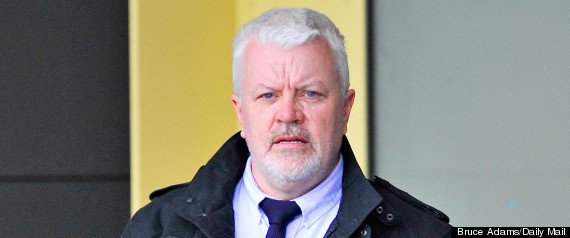By Justin Dorman
Impunity Watch Reporter, Middle East
TRIPOLI, Libya – On November 14, 2012, Libya swore in its new government. The new Prime Minister is Ali Zeidan, a former human rights activist. The new justice minister is Salah Marghani, a former human rights lawyer.

“I take full responsibility for the safety and security of all Libyans equally, including those who sided with the former regime,” said Zeidan. The new Prime Minster is committed to running a country where the rule of law and conceptions of justice are central to the government. With justice as an important tenet to the new regime, the government seeks to place special emphasis on human rights.
If the new government is going to make good on its claims, it is going to have to address the current detainee crisis which plagues Libya. Currently, there are eight thousand individuals who are held in illegal detention. Four thousand of these individuals are under government detainment. Many of those four thousand held by the government have yet to been charged with anything and are denied access to legal consultation and representation. The other four thousand detainees are being held by armed groups who have no legal right to hold anyone within their control.
Those currently in custody are mainly men and most have been detained for more than a year. Most of these men held various affiliations with the Gaddafi regime. Many others though are foreign nationals from Sub-Saharan Africa.
Hassiba Hadj Sahraoui, Deputy Middle East and North Africa Director at Amnesty International believes that, “[i]t is shameful that Gaddafi-era abuses against foreigners, especially those from Sub-Saharan Africa, have not only continued but worsened. The Libyan authorities must acknowledge the extent of the abuse by militias and put in place measures to protect all foreign nationals from violence and abuse.”
Currently, the amount of armed forces groups in Libya, many of which hold detainees, far outnumbers the amount of actual official armed forces employed by the government. A law was passed four months ago during the transitional government that stated that “all supporters of the former reigme” detained by militia should be brought before judges and charged. It is roughly four months later, and practically no one has followed this transitional decree.
Libya’s Criminal Procedure Code clearly restricts non-governmental groups from holding the authority to arrest and detain others. Moreover, such detentions are also disallowed under the International Covenant on Civil and Political Rights under international law. There is only an exception made for when there is a national emergency in which the country’s criminal codes are insufficient to deal with the matter. This is not the current case with Libya.
Those in detention are not subject to the greatest of treatment. Since May of last year there has been some reports of torture and at least three men have died while under militia custody.
If Libya’s new government is going to be as just as it purports to be, then these detainees are either going to have to be charged or released.
For further information, please see:
Human Rights Watch – Libya: New Government Should end Illegal Detention – 16 November 2012
Magharebia – Libya Inaugurates new Government – 16 November 2012
Tripoli Post – Human Rights Watch Urges New Libyan Government to Free Illegal Detainees – 16 November 2012
Amnesty International – Libya: foreign Nationals Face Abuse and Exploitation – 13 November 2012


